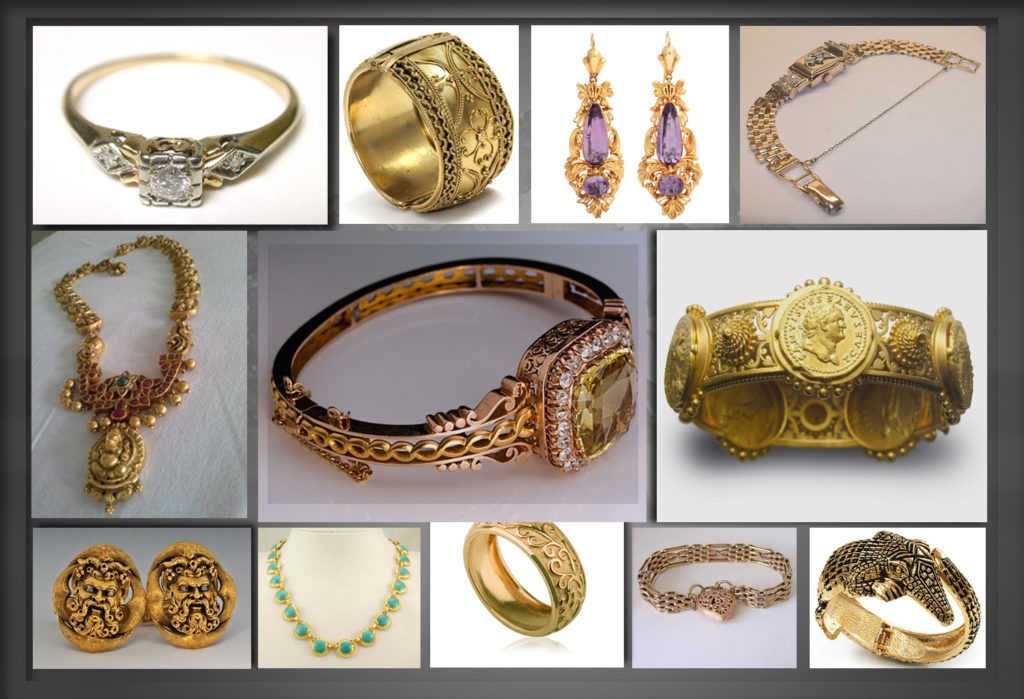One of the first things to evaluate when selling gold is the present market trends. Precious metals valuations fluctuate based on various factors, including economic conditions, inflation rates, and global demand. Staying an eye on these trends can help sellers decide the optimal time to sell. For example, if the price of gold is elevated, it may be a good chance to offload. Conversely, if valuations are diminished, it might be wise to hold off until they rise. Researching market trends can provide valuable insights and help vendors make informed choices.
Appraisal is another important factor of transacting gold. Before putting assets on the platform, it is essential to understand its worth. This entails comprehending the purity of the precious metals, which is assessed in karats, and the mass of the item. Vendors should think about obtaining their assets appraised by a certified expert to ensure they have an exact assessment. An evaluation can provide a definitive comprehension of the asset's market worth, which can help in negotiations with potential clients. Knowing the value of the assets can also prevent vendors from Find Out More taking offers that are too low.
Finding the appropriate clients is crucial in a fierce market. There are various choices available for selling gold, including pawn shops, digital marketplaces, and dedicated gold clients. Each choice has its advantages and disadvantages. For instance, pawn shops may provide quick cash but often at diminished prices, while digital platforms can provide access to a broader audience but may demand more work to list and transact the assets. It is important for vendors to research potential clients and select the one that matches with their transacting goals. Establishing relationships with trustworthy buyers can also result to better offers and a more efficient selling experience.
When selling precious metals, it is also important to be cognizant of the regulatory and moral considerations involved. Vendors should ensure that they are adhering with local regulations regarding the sale of gold. Additionally, being transparent about the state and history of the assets can build confidence with clients. Ethical transacting practices not only protect the vendor but also contribute to a favorable standing in the market. This can result to repeat transactions and referrals, which are important in a competitive landscape.
In conclusion, transacting gold in a fierce market requires careful preparation and evaluation. By remaining informed about industry trends, comprehending the worth of assets, finding the appropriate clients, and complying to legal and ethical guidelines, sellers can navigate the challenges of the precious metals market successfully. With the right strategy, selling precious metals can be a rewarding experience that meets the seller's monetary requirements.
